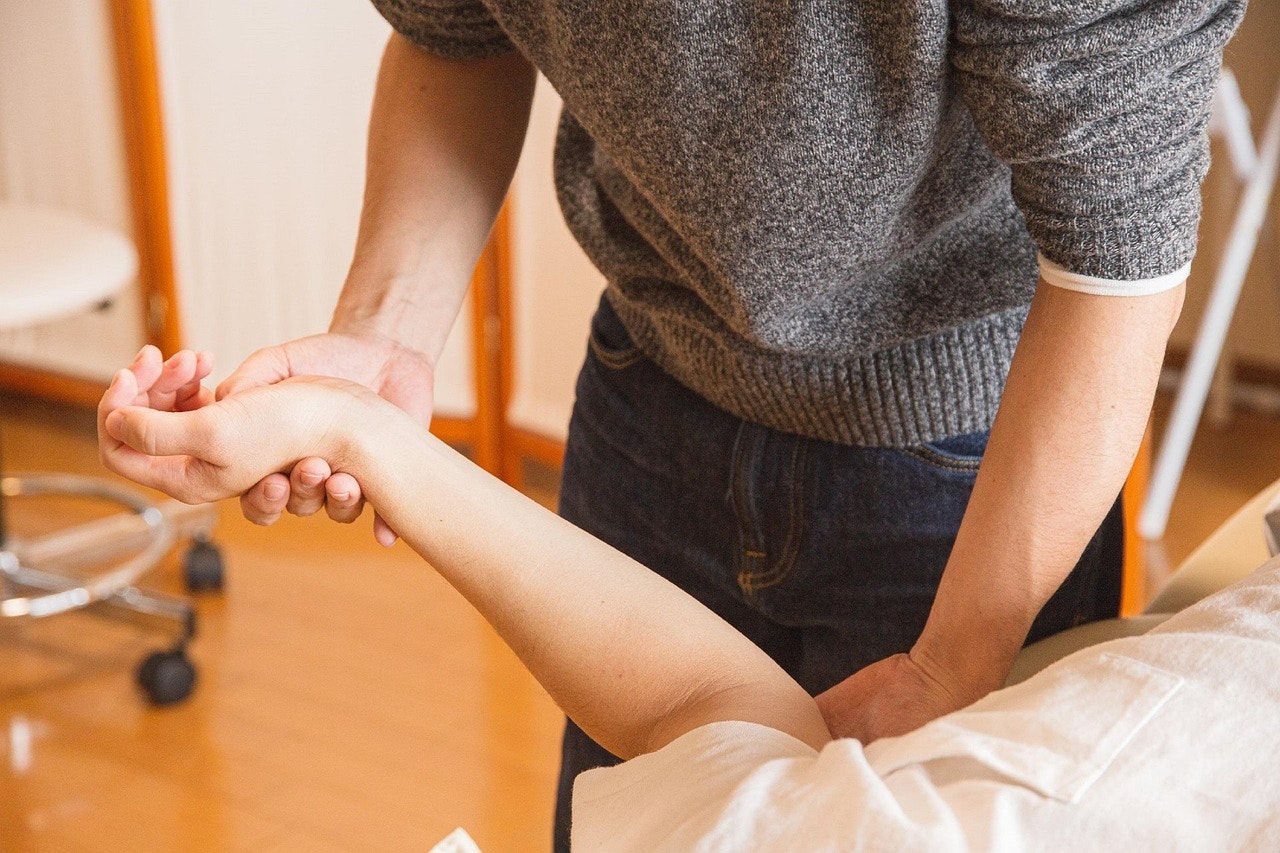Medicare, Fall Prevention, & Home Safety
Understanding Medicare and Aging at Home
As we age, maintaining safety at home becomes increasingly important, especially when it comes to preventing falls—a leading cause of injury among seniors. Fortunately, Medicare offers several resources and services to help older adults stay safe and independent at home.
The Importance of Fall Prevention
Falls are not only common but can also lead to serious injuries such as fractures, head injuries, and even hospitalization. Preventing falls is crucial in ensuring that seniors can live safely at home without constantly fearing injury. Implementing fall prevention strategies can significantly reduce these risks.
Medicare's Role in Home Safety
Medicare covers a range of services that can aid in fall prevention and home safety:
- **Home Health Services:** Medicare Part A and Part B cover professional home health services, which can include physical therapy to improve strength and balance—key components in preventing falls.
- **Durable Medical Equipment:** Medicare Part B may also cover the cost of medical equipment like walkers or shower chairs, which are essential for many seniors to move safely around their homes.
Creating a Safe Home Environment
To further enhance home safety, consider the following tips:
- **Remove Tripping Hazards:** Ensure that pathways are clear of clutter, cords, and loose rugs, which can pose a tripping risk.
- **Install Grab Bars and Handrails:** These can provide additional support in bathrooms and along staircases, reducing the likelihood of falls.
- **Improve Lighting:** Adequate lighting in all rooms and hallways can help prevent accidents caused by poor visibility.
Regular Health Checks and Exercise
Routine health exams can help detect and address issues that might increase the risk of falls, such as vision problems or foot pain. Additionally, engaging in regular physical activity can strengthen muscles and improve balance, further preventing falls.
Taking proactive steps and utilizing Medicare benefits can make a significant difference in ensuring the safety and well-being of seniors living at home. Encourage conversations with healthcare providers about personalized strategies to prevent falls and enhance home safety.
Introduction to National Senior Fraud Awareness Day
May 15 marks National Senior Fraud Awareness Day, a moment to focus on protecting our elderly loved ones from the ever-evolving landscape of scams. Whether you are concerned about fraud impacting a senior family member or are simply a vigilant advocate, staying informed is a powerful defense against these deceptive activities.Common Scams Targeting Seniors
The tactics employed by scammers are continuously changing, and seniors are often a primary target due to factors like isolation and a trusting nature. Understanding the most common scams can help you safeguard those dear to you.Government Impersonation Scams
In these scams, fraudsters pose as government officials and use threats of legal action to coerce personal information from unsuspecting victims. This tactic often leaves seniors feeling vulnerable and panicked, responding quickly out of fear.Tech Support Scams
Fraudsters impersonate tech company representatives, claiming that there is a problem with the victim's computer or device. They may request remote access, leading to compromised personal information and financial losses.Grandparent Scams
These scams exploit a grandparent's love and concern, with fraudsters posing as a grandchild in distress, urgently requesting money. The sense of immediacy often overpowers a victim's judgment, leading to hasty financial decisions.Romance Scams
In this emotionally manipulative tactic, criminals build trust through online relationships and eventually request financial assistance, exploiting the victim’s loneliness and desire for companionship.Medicare Scams
Scammers pose as Medicare representatives offering fake services to gather personal health information. It's essential to remember that legitimate Medicare representatives will not ask for sensitive details over the phone or online.Sweepstakes Scams
Victims are notified that they have won a prize but must pay a fee to claim it. This is a red flag that the winnings are not legitimate, as authentic sweepstakes will not require upfront payments.Encourage Awareness and Reporting
Being informed is the best armor against fraud. Share this information with your loved ones, and instill a practice of verifying any suspicious communication. Encourage them to report fraudulent attempts to government websites or hotlines dedicated to combating fraud. Awareness and vigilance are the first steps in preventing these costly and emotionally damaging scams.Contact Us for a Customized Financial Strategy
Unlike many financial firms, we don’t sell products, earn commissions, or push specific investments. We operate as a fiduciary, meaning our only priority is what’s best for you. Our advice is objective, transparent, and tailored to your needs—not anyone else’s bottom line.




